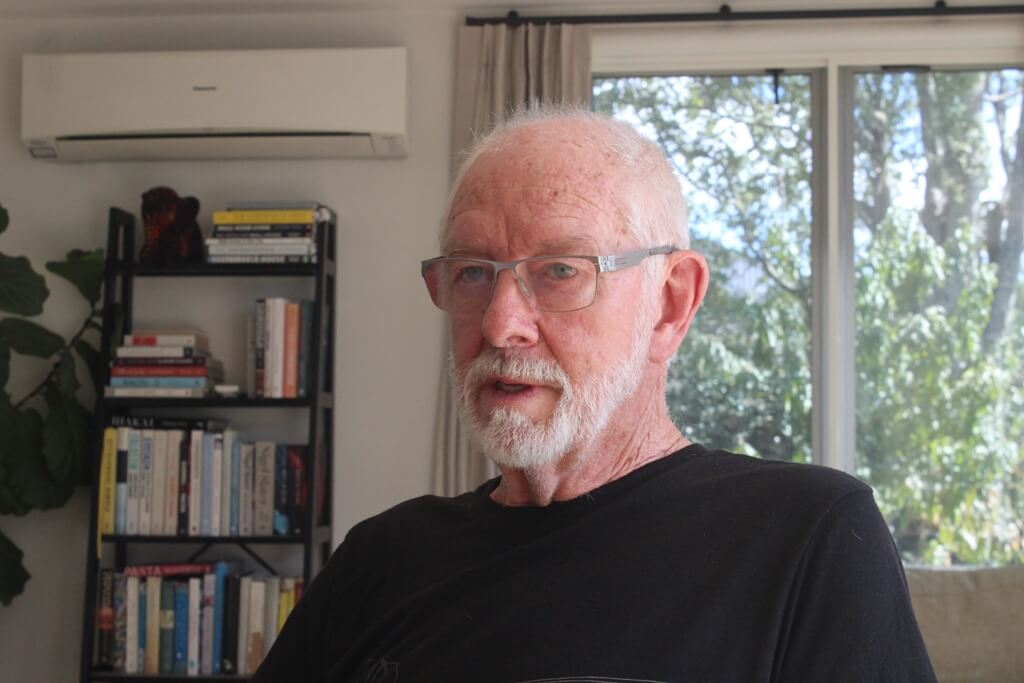Donald Trump has been dominating global news since he took office as he keeps up a constant stream of ideas, decisions, postponement of decisions and the flying of all kinds of kites.

Peter Nicholl
He has created an enormous amount of uncertainty almost everywhere.
This got me thinking about a policy-making lesson I learnt in my early years working in the Reserve Bank of New Zealand.
We had a visit from Paul Volcker, the then Chairman of the US Federal Reserve. He gave a talk to a group of young staff of the bank, and someone (not me) asked him: what are the most important lessons for young policy-makers?
He replied that one lesson is far more important than all the rest.
It was that the worst thing policy-makers can do for the private sector is to generate uncertainty.
He went on to say the private sector can cope better with bad policies than they can with uncertain policies. They won’t like the bad policies and will lobby to get them changed – but they will make what they think are the most sensible business decisions given the rules in place.
But if there is a lot of uncertainty about what the rules are, investment becomes very risky and the most rationale response of the private sector is to do nothing, wait and hope that some clarity will appear before too long.
It was probably about 1975 when Paul Volcker made those comments. Trump has brought them back to the forefront of my mind. The statement in the title of this column doesn’t come from me. It is from a recent article in the UK Economist magazine. They said Trump is playing a dangerous game that can lead to miscalculations and corrosive uncertainty for the global economy.
Trump’s decisions on tariffs are one example. He ordered tariffs of 25 per cent on Canada and Mexico. On Tuesday they were put on hold for
a month. What happens in a month’s time? No-one knows.
But the miscalculations the Economist refers to can come about because of Trump’s ego.
What could determine whether the tariffs are reimposed in a month may be determined by the decision that in Trump’s view will best avoid him looking weak.
Some people have told me that Trump won’t carry on making decisions and threats at the speed and range of his first two weeks in office.
He has wanted to grab the world’s attention, and he has certainly achieved that. Now that he has done that, they expect him to slow down and become more ‘normal’. I hope they are right, but I do not share their confidence.
Prior to Trump’s arrival in office the general consensus on the US economy was that they were going to have a soft landing from their recent disinflationary cycle. If Trump carries on the way he has started, few countries, if any, will have soft landings. Trump won’t be making America ‘great’ again – but he will succeed in making America ‘grate’ again.









